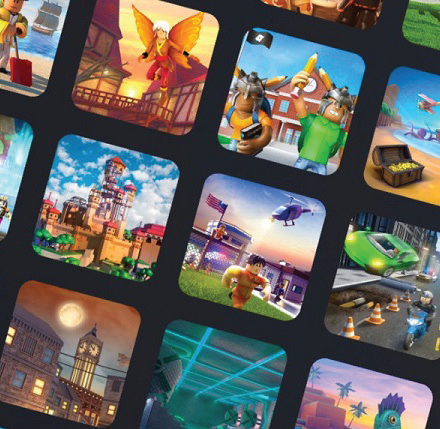The Fine Line Between Gambling and Gaming

Many people are familiar with the “loot box” mechanic of gaming; you spend in game currency (or real-life currency) in order to open random packages that can provide a large or a small prize. These items in the pool usually consist of new characters, costumes, weapons, and
special items. It is common for developers to include “limited edition” characters and items to encourage players to spend more money. These tactics have been proven to work, and companies make a great deal of money from these loot boxes. However, some are beginning to
argue that this isn’t gaming, but actually gambling.
Apple is facing a lawsuit involving the morally questionable loot boxes within its App Store. The lawsuit claims Apple is promoting gambling with the games that they approve. After all, Apple’s App Store has reaped billions of dollars, despite most of the games being free. This is due
to the in-app purchases within the games; most range from a premium membership to loot boxes.
Hundreds, even thousands of the games within the store rely on loot boxes in order to make a profit. The lawsuit mentioned four particular games that have appealed to young kids while bringing in large amounts of cash from loot boxes: Brawl Stars, Mario Kart Tour, FIFA Soccer, and Roblox. All of these games are intended for younger players who continuously pay large amounts of money to progress.
The lawsuit is currently trying to reach class-action status, but nothing has yet to be confirmed. Most of the supporters of this lawsuit appear to be concerned parents who question whether these loot boxes are truly safe for their kids.
By Nathan Park / June 16, 2020

















